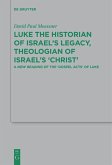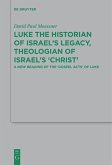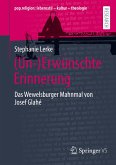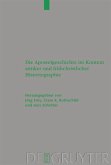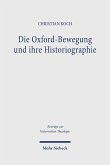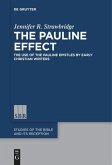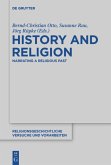Erich Benjamin Pracht advances scholarship on the Paul of the letters and the Paul of Acts in two ways. First, the author introduces a modern concept of leadership, namely transformational leadership theory, as the lens through which he interprets modeling and remodeling images of Paul. In this way, Pracht takes a major step forward from previous perspectives in the Paul-and-Acts debate, which typically approach the issue by probing the historicity of the Lukan Paul, or by comparing how well the Lukan Paul resembles the Paul of the letters in terms of theological themes, style and language use, or major biographical claims. Second, this study shows that Cicero and Sallust can also be read in terms of modeling and remodeling images of leadership. Accordingly, Pracht undertakes a detailed investigation of this pair of authors to generate perspectives that inform the Paul-and-Acts debate.
Bitte wählen Sie Ihr Anliegen aus.
Rechnungen
Retourenschein anfordern
Bestellstatus
Storno


